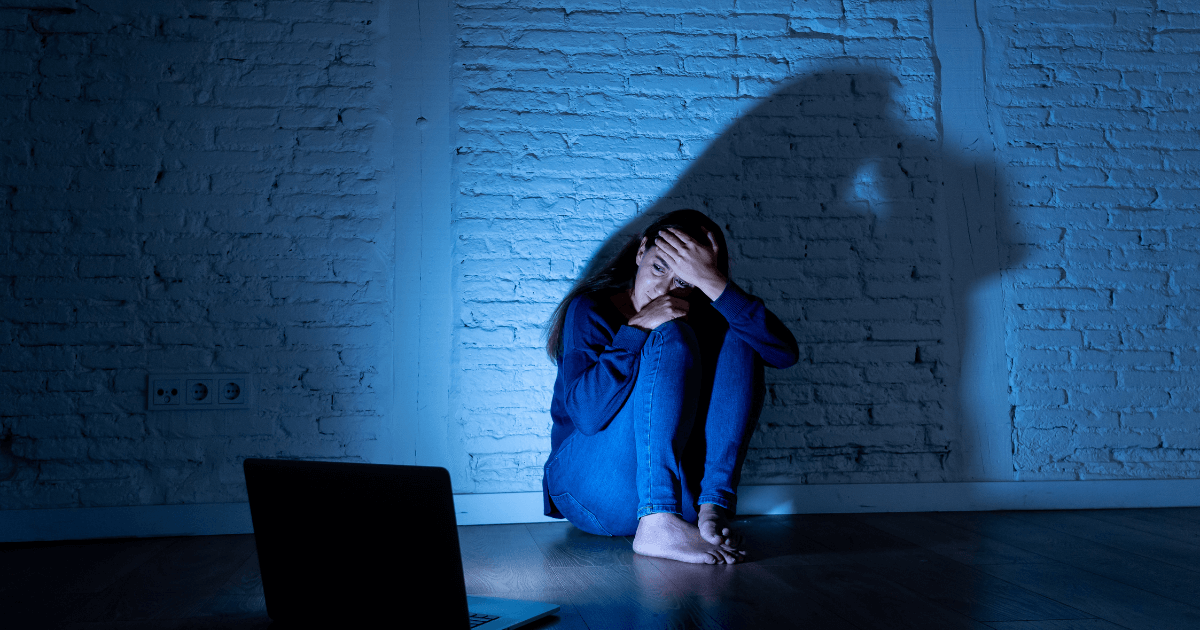Your Guilt or Regret is Manifesting


Have you ever had the feeling that your past errors or choices are following you around? Maybe you've had unpleasant apparitions appear to mirror your internal conflict. Many spiritual traditions hold that our ideas and emotions have the power to influence the world around us. When we harbor guilt or remorse, it can produce a bad energy that draws other people with the same vibrations.
It's critical to realize that regret and guilt are common human feelings. But if we cling to them for too long, they might turn toxic and have a detrimental effect on our life. This evil energy could show up as negative apparitions. These apparitions could manifest in various ways, such as hearing or seeing things that aren't there or sensing an unsettling presence.
The Spiritual Perspective on Guilt and Regret
Regret and guilt are two feelings that can have a big impact on our spiritual health. From a spiritual standpoint, regret and remorse can result from previous transgressions or errors and can take many forms, including unfavorable apparitions.
Several spiritual perspectives assert that regret and shame can weigh heavily on our souls and keep us from being present in the moment. Instead of allowing them to fester and harm you further, it's crucial to identify and address these emotions in a healthy way.
Self-forgiveness and acceptance are two spiritual approaches to dealing with guilt and regret. Several spiritual practices, including prayer and meditation, can assist us in developing a relationship with our inner selves and overcoming feelings of regret and guilt.
It's also critical to realize that these feelings can teach us things about how to develop and better ourselves. We may learn from our past errors and utilize them as stepping stones to become better versions of ourselves rather than lingering on them.
From a spiritual standpoint, unresolved shame and regret may emerge as negative apparitions. To find peace and harmony in our spiritual lives, it is crucial to acknowledge and work through these feelings.
Lessons from Past Mistakes: Using Guilt and Regret for Growth
Regret and guilt are normal human feelings that frequently result from past mistakes or poor choices. These feelings have the potential to significantly impact our mental, emotional, and spiritual health.
Yet, how we handle these emotions will determine whether they contribute to our progress or have a detrimental impact on it.
From a spiritual standpoint, regret and guilt can act as a catalyst for transformation and personal development. These feelings can assist us in recognizing our errors, accepting responsibility for them, and taking corrective action or learning from them.
We can develop wisdom and spiritual maturity via this process, which makes us better versions of ourselves.
We may learn a lot from our past mistakes, one of which is the value of forgiving ourselves. We are frequently the toughest judges of ourselves, and it is simple to fall victim to self-blame and self-punishment.
The power of empathy and compassion for others is yet another crucial lesson we can take away. It might be simple to become involved in our own suffering and faults when we feel remorse and guilt.
How to Forgive Yourself: Strategies for Releasing Guilt and Regret
Although it can be challenging to forgive oneself, it is an essential step in the healing process. To cultivate self-compassion is a powerful method for self-forgiveness. This entails treating yourself with the same consideration and kindness that you would extend to a friend in a comparable circumstance.
Reframe the situation in a positive light
Reframing the circumstance in a favorable way is an additional effective tactic. Try to identify the lesson in the experience rather than concentrating on what you did incorrectly. What did you discover? How has this affected your growth? You might start to perceive your mistakes as chances for development and self-improvement by changing your attitude.
Remember that everyone makes mistakes
Also, it's critical to keep in mind that everyone makes mistakes. Nobody is flawless, and we learn and develop through our errors. By accepting your behavior and moving on with a promise to do better in the future, you can forgive yourself without defending your actions.
In addition to these methods, consulting a therapist or spiritual counselor can be helpful. They can offer assistance and techniques for overcoming challenging emotions.